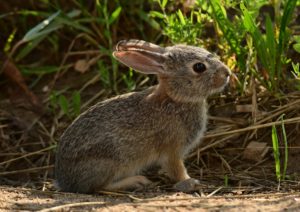Author Archives: Command Base
Untitled_93
Untitled_92
Untitled_91
Untitled_90
Untitled_89
Let Wildlife Stay Wild!
No one likes to see a young animal or bird alone without its parent. As we move into baby wildlife season, many concerned people call, believing they have found young wild animals or birds that have been abandoned by their parents or are concerned for the safety of the animals. However, it is more likely the parent is out searching for food, or people have frightened the parent away.
Unless the parent is found dead nearby, it is most probable that the adult will return to the baby as soon as people are not around. The RHS understands that people are concerned about the animals and bring them into a shelter with the best intentions; however, doing so may prove deadly for the young animal once it is separated from its parent. While young birds and animals may be cute, leaving them where they are is best.
The RHS advises the public who encounter baby wildlife to keep the following in mind:
- If a young bird has fallen out of the nest, you may return it to the nest if it is in immediate danger, but it is best to leave it alone. Many fledglings spend a period of time on the ground after leaving the nest as part of learning to fly;
- If you find a young hare with no obvious injuries, leave it alone or put it back where it was found because the mother is nearby and will return once you leave. She will not reject it because you touched it;
- Most young wild animals do very poorly in captivity. The best chance for their survival is to be reunited with their mother;
- It is especially important to avoid contact with young raccoons and skunks because they can be carriers of rabies and parasites;
- It is against the law to keep a wild animal.
We also receive calls in the spring about geese and other birds nesting in unusual places such as parking lots, fields, or alleys. Unless the bird is injured, it is best to leave it alone. While the location of the nest may seem unusual to us, the birds have chosen it based on their natural instincts and will very likely be just fine if left alone.
If you are concerned about a young wild animal and an adult animal has not been seen for several days or the animal is injured, contact Saskatchewn Environment at 1-800-567-4224 or the Provincial Capital Commission (operators of Wascana Centre) at 306-787-9261, if within the park, for assistance.
There is rarely a good reason to remove a young wild animal from its natural environment.

